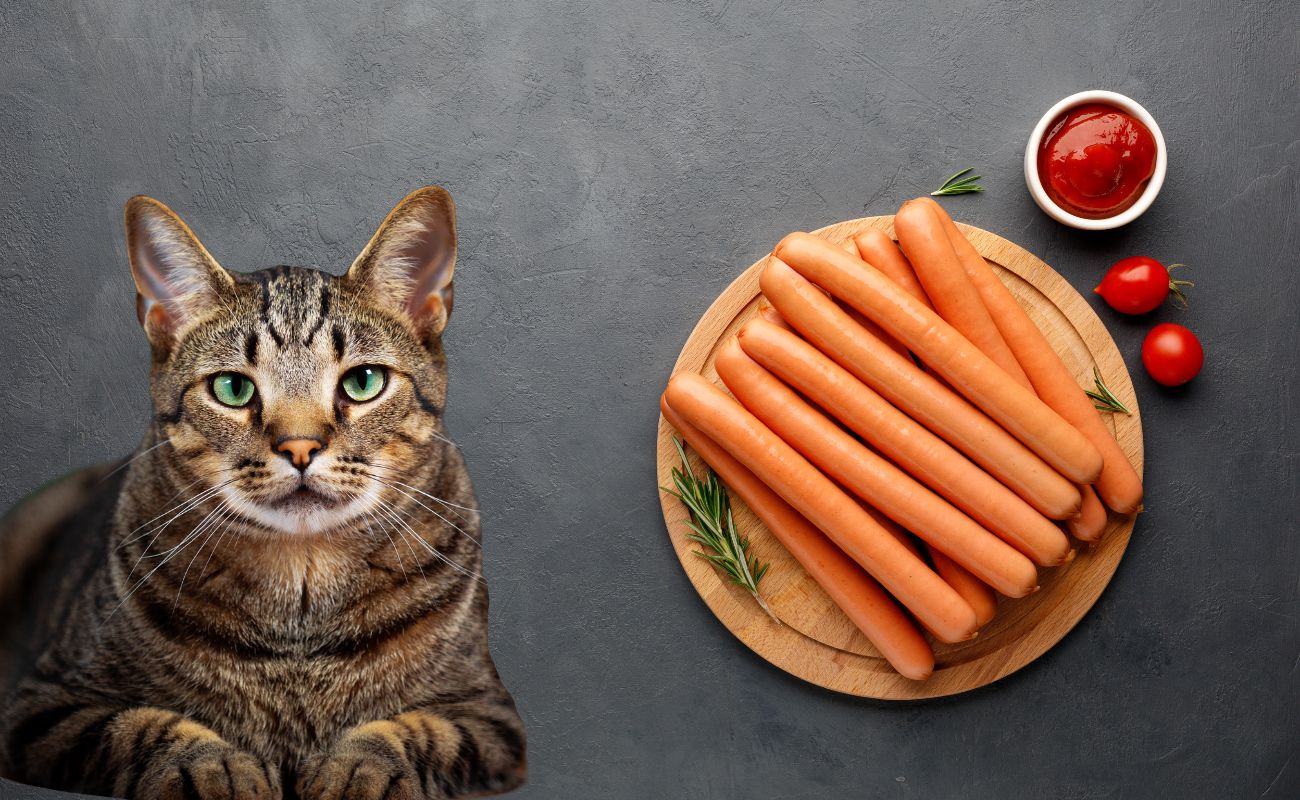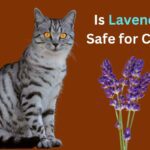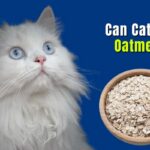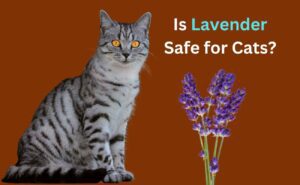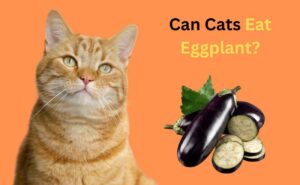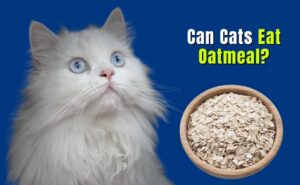Cats are known for their selective eating habits, and as responsible pet owners, it’s essential to understand what foods are safe for our feline friends. One question that often arises is, can cats eat Vienna sausages? Let’s explore this topic in detail.
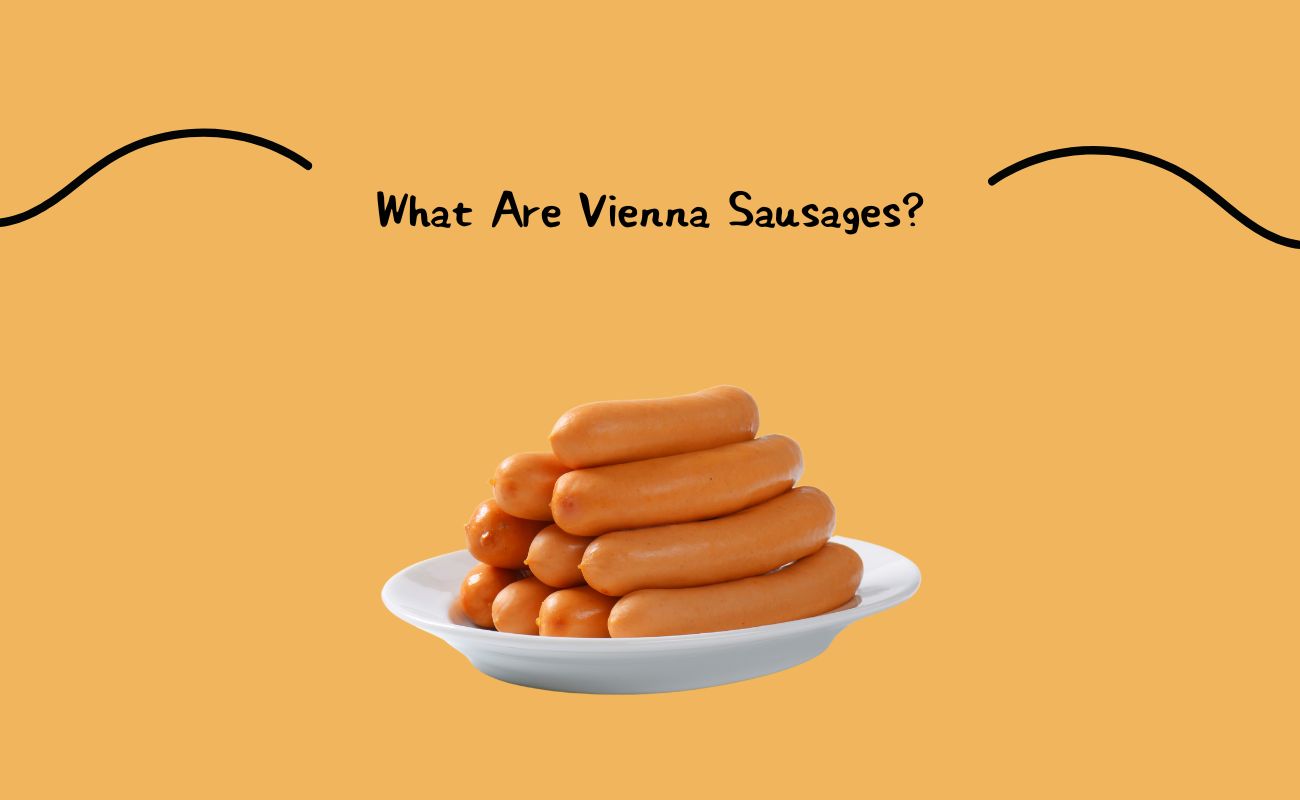
What Are Vienna Sausages?
Vienna sausages are small, thin sausages made from a mixture of meats, such as pork, beef, and chicken, and they are usually seasoned with various spices. They are typically sold canned and are known for their soft texture and distinct flavor. While they are a popular snack for humans, it’s crucial to consider whether they are suitable for cats.

Nutritional Content of Vienna Sausages
Before deciding if cats can eat Vienna sausages, it’s important to understand their nutritional content. Vienna sausages are high in protein, which is essential for cats. However, they also contain significant amounts of sodium, fat, and preservatives. High sodium content can be harmful to cats, leading to issues such as dehydration and kidney problems. Additionally, the high fat content can contribute to obesity and related health issues in cats.
| Nutrient | Amount per 100g |
|---|---|
| Calories | 280 kcal |
| Total Fat | 24 g |
| Saturated Fat | 8 g |
| Trans Fat | 0.5 g |
| Cholesterol | 90 mg |
| Sodium | 950 mg |
| Total Carbohydrates | 2 g |
| Dietary Fiber | 0 g |
| Sugars | 0 g |
| Protein | 11 g |
| Vitamin A | 0% DV |
| Vitamin C | 0% DV |
| Calcium | 2% DV |
| Iron | 6% DV |
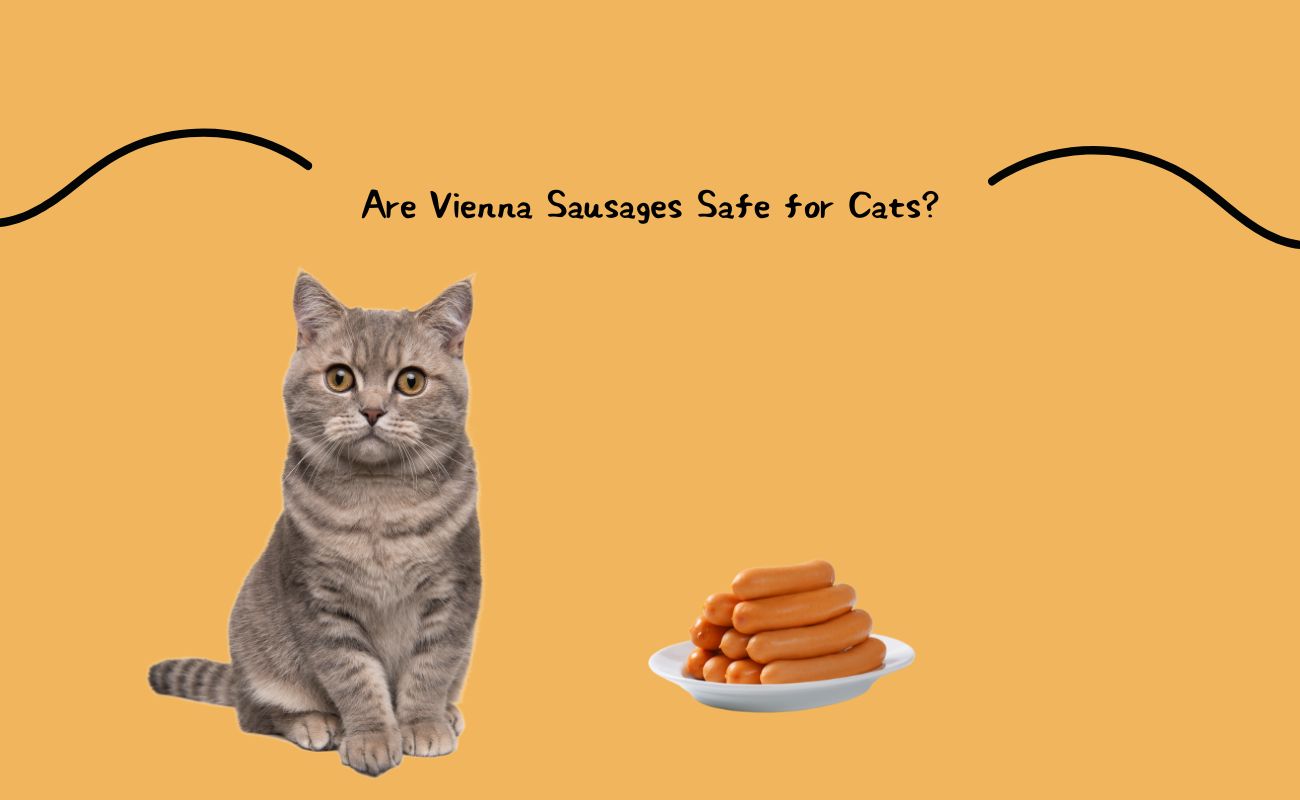
Are Vienna Sausages Safe for Cats?
Can cats eat Vienna sausages? The short answer is no, Vienna sausages are not safe for cats. The high sodium content and presence of various spices and preservatives make them unsuitable for feline consumption. Cats have specific dietary needs, and foods high in sodium and preservatives can lead to severe health problems. It’s always best to stick to cat-friendly foods and avoid giving them human snacks like Vienna sausages.
Potential Health Risks
Feeding Vienna sausages to cats can pose several health risks. The high sodium content can cause sodium ion poisoning, which can be fatal in severe cases. Symptoms of sodium ion poisoning include vomiting, diarrhea, lethargy, tremors, and seizures. Moreover, the high fat content can lead to obesity, pancreatitis, and other digestive issues. The spices and preservatives used in Vienna sausages can also irritate a cat’s digestive system, leading to discomfort and health problems.
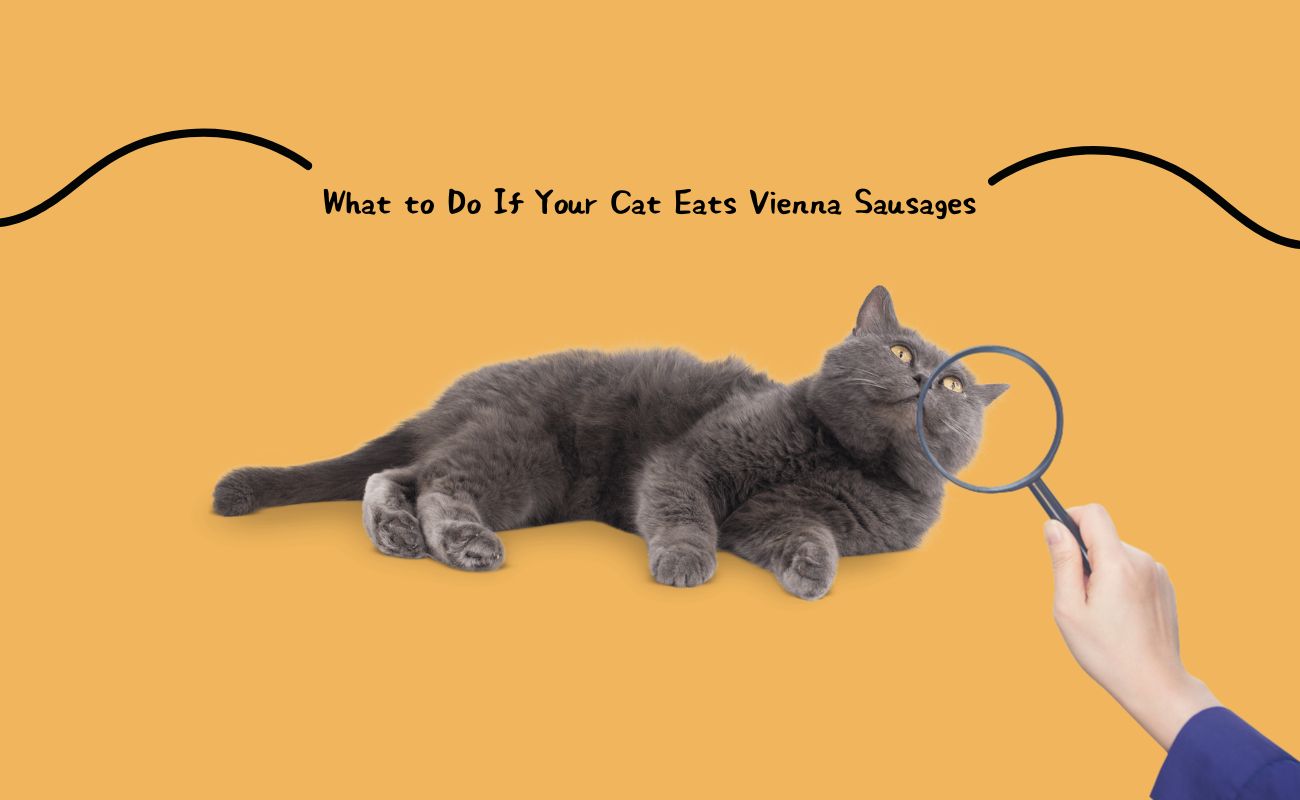
What to Do If Your Cat Eats Vienna Sausages
If your cat accidentally consumes Vienna sausages, monitor them closely for any signs of distress or illness. Symptoms to watch for include vomiting, diarrhea, excessive thirst, lethargy, and abdominal pain. If any of these symptoms occur, contact your veterinarian immediately. They can provide appropriate advice and treatment to ensure your cat’s safety and well-being.
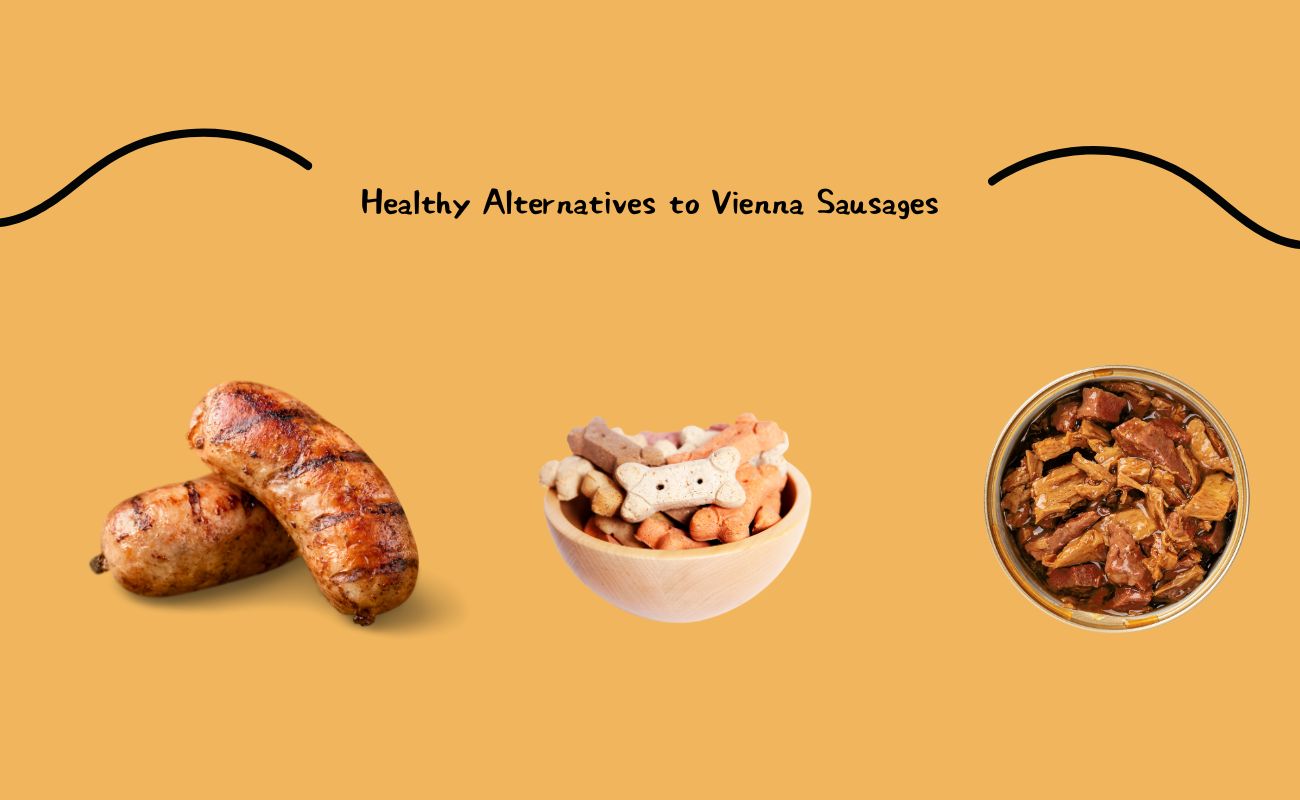
Healthy Alternatives to Vienna Sausages
Instead of Vienna sausages, consider offering your cat healthier alternatives that are safe and nutritious. Some suitable options include:
- Cooked Meat: Lean, cooked meats like chicken or turkey without any seasoning can be a great treat for your cat.
- Cat Treats: Commercially available cat treats are specifically formulated to meet the nutritional needs of cats and are a safe choice.
- Canned Cat Food: High-quality canned cat food can provide the necessary nutrients and a similar texture to Vienna sausages without the harmful additives.
Summary:
Can Cats Eat Vienna Sausages?
In conclusion, can cats eat Vienna sausages? No, they cannot. The high levels of sodium, fat, and preservatives make Vienna sausages an unhealthy choice for cats. It’s essential to prioritize your cat’s health by providing them with safe, nutritious foods and avoiding potentially harmful human snacks. Always consult with your veterinarian if you have any concerns about your cat’s diet and well-being.
By understanding the risks and making informed decisions, you can ensure that your feline companion remains healthy and happy. Remember, a proper diet is key to your cat’s overall health and longevity.

